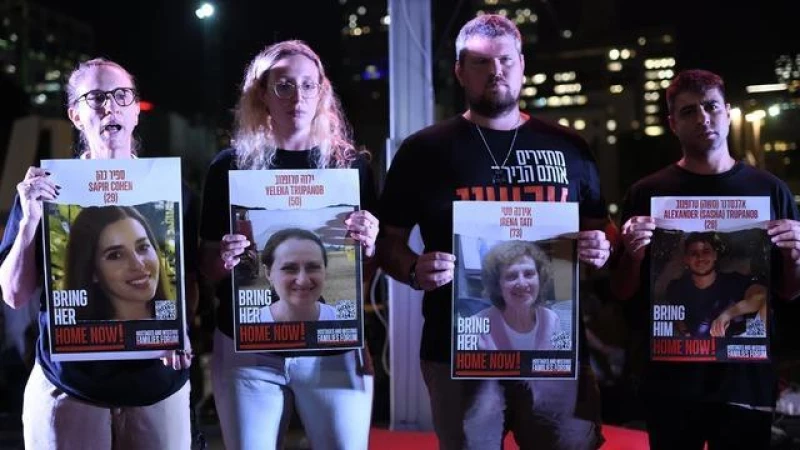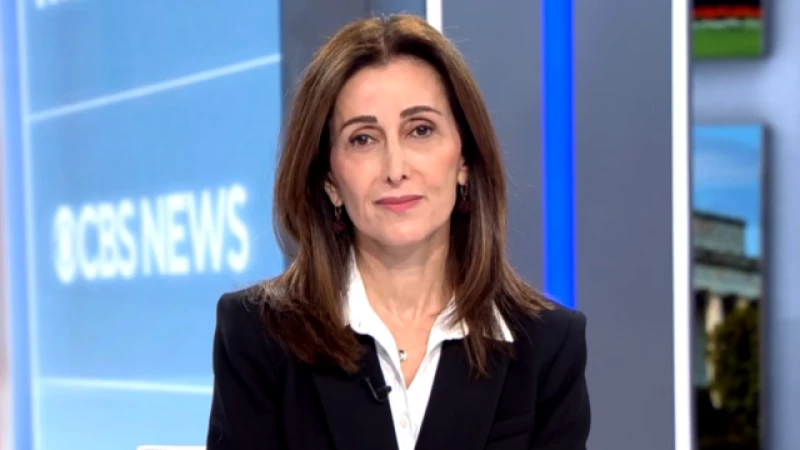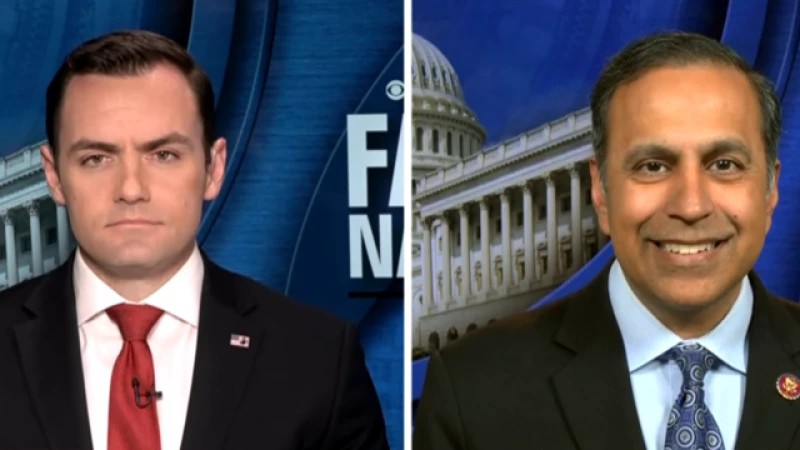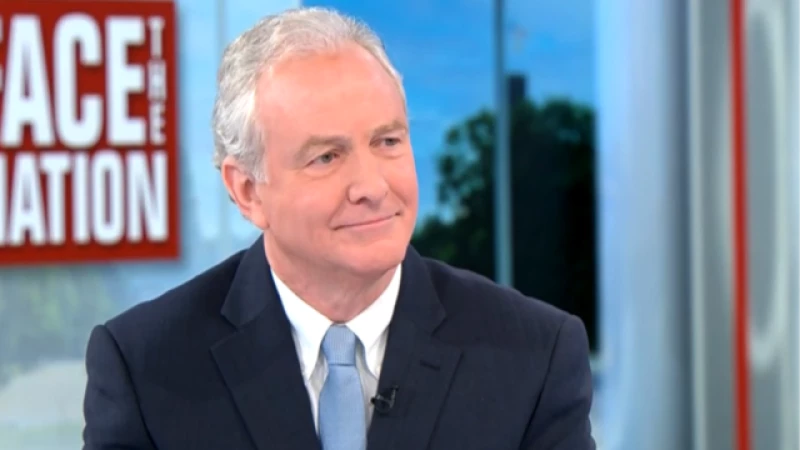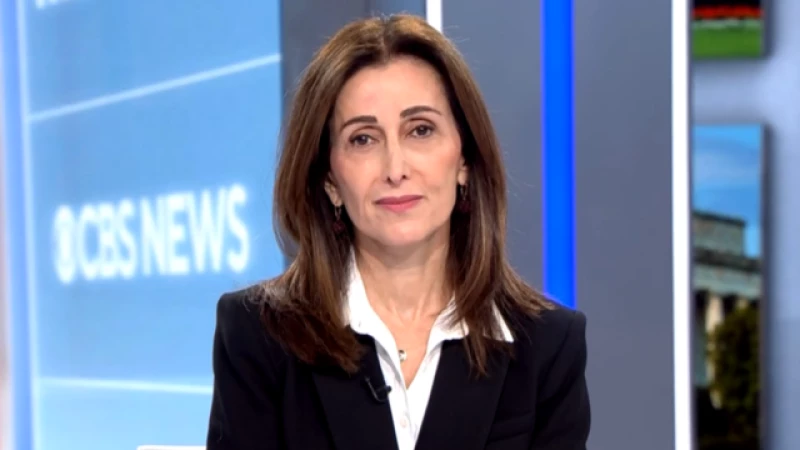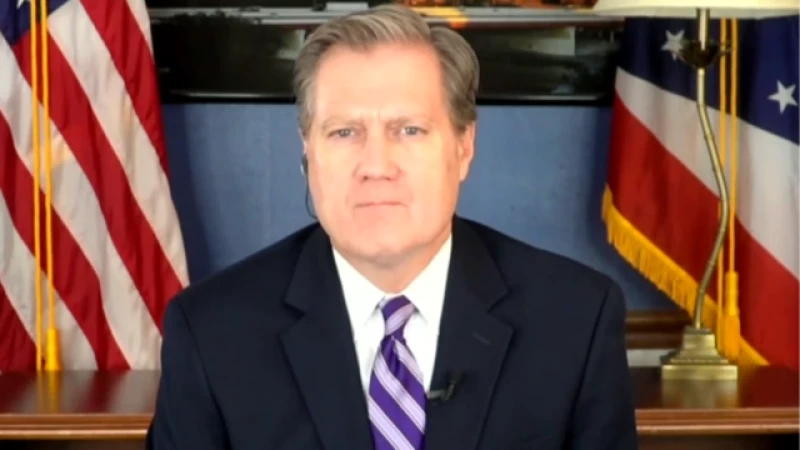Israel Considers Proposal for Hostage Release in Gaza
Israel is considering a proposal that would see Hamas release a portion of the hostages the Palestinian militant group is holding in the Gaza Strip in exchange for a three-to-five-day cease-fire in the war, CBS News has learned. Aid would also be permitted into Gaza during a cessation of hostilities. Under the proposed deal, Hamas would release an unknown number of women and children, two officials with knowledge of the negotiations said.
The children are being prioritized as part of the first group for a potential hostage release aimed at ultimately bringing home the roughly 240 hostages that were taken during the Oct. 7 attack on Israel by Hamas militants.
President Biden said Wednesday that the U.S. believed there were "somewhere between 50 and 100 hostages" in Gaza. So far, only four of the captives, two Americans and two Israelis, have been released by Hamas. During those releases, short-term, targeted pauses in the fighting helped ensure safe transfers of the hostages back to Israel.
As part of the proposal, an unspecified number of Palestinian women and children currently held in Israeli prisons could also be released, one of the officials told CBS News.
According to an official in the region, it is unclear where the Palestinian prisoners would go if they were released, given that the war in Gaza has displaced nearly 1.6 million Palestinians from their homes, according to figures from the United Nations.
A second official emphasized that only if there was a final deal, this particular long-standing Hamas demand, for Palestinian prisoners to be released, would be part of it. It is unclear how many Palestinian prisoners could be involved. According to Israeli human rights group B'Tselem, there were 147 minors in Israeli custody as of June.
There was nearly a deal at the end of October for a hostage release, but it was scuttled at 11th hour, as CBS News reported.
The politically-charged negotiations have gone through various permutations in recent weeks, and they stalled significantly around the time that Israel launched its ground invasion of Gaza. One constant has been the prioritization of civilians — about 50 of them in particular — over the Israeli military service members who are also being held hostage, according to a source familiar with the negotiations.
In recent weeks, there has been a flurry of diplomatic activity in the Middle East. CIA Director Bill Burns held a meeting with the head of Israel's Mossad intelligence agency in Doha, Qatar. This was followed by meetings involving President Biden's top Mideast advisor, Brett McGurk. Qatar, known for hosting Hamas' international office, is playing a role in mediating negotiations with the group.
The State Department has reported that there are 10 unaccounted for Americans among the hostages. To increase pressure on the situation, the White House disclosed over the weekend that a 3-year-old girl, who is a U.S. citizen, is believed to be held in Gaza.
One complication in the ongoing talks is Hamas' inability to provide a full accounting of the hostages they are believed to be holding. Israel is insisting that this be part of the negotiation process. Additionally, it is suspected that other militant groups in Gaza may also be holding some of the captives. The demand for a comprehensive hostage accounting is further complicated by the fact that the hostages are scattered across the war zone and held by different groups.
"I cannot confirm with certainty that they are still alive," said U.S. National Security Adviser Jake Sullivan earlier this week, expressing concerns about the American hostages.
The U.S. has been using unarmed drones to fly over Gaza in order to assist in locating hostages. This is an attempt to improve the intelligence gathered from the Palestinian enclave. Israel recently revised the number of casualties in the attack and is still in the process of identifying remains. The exact number of captives is still unknown.
Hamas had initially proposed releasing 10 children as a first step towards a cease-fire, but Israel demanded more. Throughout the negotiations, there has been a focus on approximately 50 civilians and a desire among foreign governments to retrieve their dual nationals.
Various versions of the proposals have been leaked in recent weeks, but no official figures have been acknowledged by all parties involved or by Hamas.
Hostage diplomacy is always complex, but the situation in Gaza is particularly difficult due to the ongoing conflict. U.S., Israeli, and Qatari officials all recognize the challenges involved. One specific challenge is the delay in receiving responses from Hamas leaders in Gaza after agreements are made by political leaders in Doha.
In recent weeks, officials from the Biden administration have highlighted the successful release of four hostages, which included an American mother and daughter, as a model for future releases. In both previous instances, Qatar acted as the mediator, and the International Committee of the Red Cross facilitated the transfer of the hostages from Hamas custody in Gaza to Israeli custody.
However, in the weeks following these initial releases, the hostage situation has become increasingly politicized in Israel. There have been regular demonstrations where Israelis have expressed their anger towards the country's leadership, not only for their failure to secure the release of the hostages but also for their failure to prevent the Oct. 7 terror attack orchestrated by Hamas.
Regarding the broader conflict with Hamas, Israeli officials have informed the U.S. that one of their main objectives before ending the full-scale war is to remove Hamas militants from the vicinity of Gaza City's Al Shifa hospital. Another goal is to eliminate Yahya Sinwar, a Hamas commander believed to be the mastermind behind the Oct. 7 attack. Sinwar himself was previously imprisoned in Israel for several decades before being released in a controversial 2011 prisoner exchange for Israeli soldier Gilad Shalit.
During a speech on Wednesday in Northern California following his meeting with Chinese President Xi Jinping, President Biden stated that he is actively working towards the release of the hostages and hopes for a temporary pause in the conflict to facilitate their release.
Safe Return Assured
The U.S. government is taking all necessary measures to ensure the safe return of the individuals, but it is important to note that this does not involve the deployment of American military forces.
"I am cautiously optimistic, I'm cautiously optimistic," stated the official.

